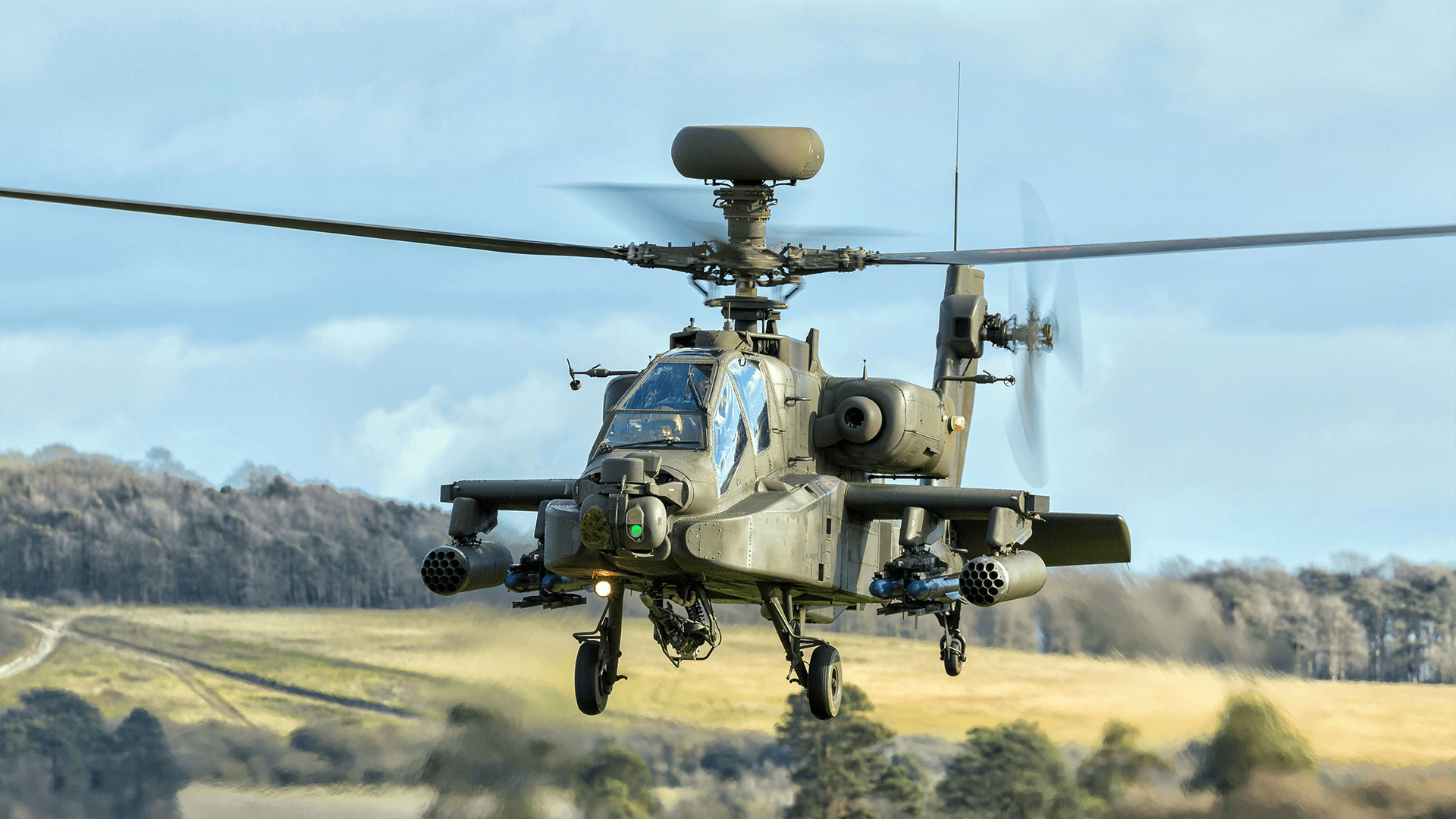Mental health is a critical component of aviation safety, and for veteran pilots, managing mental health while maintaining FAA certification can be particularly challenging. Many veterans rely on VA benefits to support their mental health, especially when dealing with service-connected conditions such as PTSD, anxiety, or depression. This article examines how VA benefits can assist veteran pilots in maintaining both their mental wellness and their FAA medical certification.
The Importance of Mental Health in Aviation
In aviation, the mental fitness of pilots is just as important as their physical health. The FAA flight physical includes a mental health assessment to ensure that pilots can safely operate an aircraft, make critical decisions under pressure, and respond to emergencies without impairment.
For veterans, especially those with service-connected mental health conditions, this can be a delicate balancing act. Many veterans may worry that seeking help for mental health issues will affect their FAA certification, but in reality, managing these conditions through proper treatment can be key to maintaining certification.
Common Mental Health Conditions Among Veteran Pilots
Many veteran pilots face unique mental health challenges as a result of their military service. Common service-connected conditions include:
1. Post-Traumatic Stress Disorder (PTSD)
PTSD is one of the most common mental health conditions affecting veterans. For pilots, the symptoms of PTSD—such as flashbacks, anxiety, or hypervigilance—can complicate the ability to safely fly.
•FAA standards: The FAA allows pilots with PTSD to maintain certification as long as the condition is well-managed. However, veterans must provide documentation showing that they are stable, have no major impairments, and are not taking disqualifying medications.
2. Anxiety and Depression
Anxiety and depression are also prevalent among veterans and can affect a pilot’s ability to maintain focus and stay calm under pressure. Pilots with these conditions must demonstrate that they are in control of their symptoms and have a treatment plan that complies with FAA regulations.
•FAA standards: The FAA requires evidence that anxiety or depression is stable and under control. Certain antidepressants are approved for use, but the pilot must be monitored regularly.
3. Substance Use Disorders
Some veterans struggle with substance use disorders (SUD) as a result of their service. The FAA has strict regulations regarding substance abuse, but veterans who are in recovery and can demonstrate long-term sobriety may still be eligible for certification.
•FAA standards: Pilots must show that they have completed treatment, are sober, and have been substance-free for an extended period before being considered for certification.
How VA Benefits Can Support Mental Health for Pilots
The VA healthcare system offers a wide range of mental health services that can be crucial in helping veterans maintain their mental health and stay certified to fly. These benefits include:
1. Counseling and Therapy
Veterans have access to counseling and psychotherapy through the VA to help manage conditions like PTSD, anxiety, and depression. Regular therapy sessions can provide veterans with the tools they need to manage their symptoms, reduce stress, and maintain mental clarity in the cockpit.
•How it helps with the FAA: Pilots who are actively engaged in therapy and show improvement in managing their mental health are more likely to pass the FAA mental health assessment.
2. Medication Management
The VA provides veterans with access to medication management services to help them treat mental health conditions. However, not all medications are allowed under FAA guidelines, and veteran pilots must work closely with both their VA doctors and an FAA-authorized medical examiner to ensure their medication is compliant.
•FAA regulations: Some medications, such as certain antidepressants, are permitted if the pilot’s condition is stable and well-managed. Pilots should consult both their VA doctor and an FAA examiner before starting or continuing any medication.
3. Mental Health Evaluations
Veterans can access comprehensive mental health evaluations through the VA, which can be used as supporting documentation during the FAA flight physical. These evaluations can demonstrate that a pilot’s mental health condition is well-managed and does not impair their ability to fly.
•How it helps with the FAA: A detailed evaluation from a VA mental health professional can be presented to the FAA to show that a veteran is mentally fit to fly, even with a service-connected condition.
Navigating the FAA Mental Health Standards with VA Benefits
Balancing the mental health requirements of the FAA with VA benefits can be complex, but with the right approach, veteran pilots can manage both systems effectively. Here’s how:
1. Be Proactive About Mental Health
Veteran pilots should prioritize their mental health by regularly attending therapy sessions, keeping up with prescribed treatment plans, and actively managing any symptoms. A proactive approach can help prevent mental health issues from escalating and improve the chances of passing the FAA flight physical.
•Regular therapy: Ongoing counseling and therapy can help veterans stay mentally fit and demonstrate to the FAA that they are stable.
•Document progress: Keep records of all therapy sessions, medications, and mental health evaluations to provide documentation during the FAA certification process.
2. Choose FAA-Compliant Medications
Veterans should work closely with their VA healthcare provider and FAA examiner to ensure that any prescribed medications are FAA-compliant. The FAA has strict guidelines regarding certain medications, particularly those that can impair cognitive function or cause drowsiness.
•Consult an AME: An experienced Aviation Medical Examiner (AME) can guide veteran pilots through the FAA’s requirements for mental health medications.
•Switching medications: In some cases, veterans may need to switch to FAA-approved medications to remain eligible for certification.
3. Understand the FAA’s Special Issuance Process
Veteran pilots with mental health conditions that don’t meet regular FAA standards may still be eligible for certification through the Special Issuance process. This allows pilots to provide additional documentation proving that their condition is stable and does not interfere with flight safety.
•Gather supporting documents: Veterans should work with their VA mental health provider to gather the necessary documentation, including treatment plans, therapy records, and medical evaluations.
•Appeal a denial: If a veteran is denied certification due to mental health issues, they can appeal the decision and present additional evidence from their VA healthcare provider.
The Benefits of VA Mental Health Services for Veteran Pilots
Veterans have access to a robust mental health support system through the VA that can help them stay mentally healthy and continue flying. Some of the key benefits of VA mental health services include:
•Comprehensive care: The VA offers a full range of mental health services, from therapy and medication management to substance abuse programs and crisis intervention.
•Specialized support for veterans: VA healthcare providers understand the unique mental health challenges veterans face, including PTSD, combat-related stress, and transition issues.
•Access to resources: Veterans can access resources like group therapy, support groups, and mental health workshops to build resilience and improve their mental wellness.
Conclusion
Veteran pilots can manage their mental health conditions while maintaining FAA certification by leveraging their VA benefits. With access to comprehensive mental health care, medication management, and therapy services, veterans can ensure that they are mentally fit to fly and meet the FAA’s requirements. By working closely with both VA healthcare providers and an FAA-authorized medical examiner, veteran pilots can successfully navigate the intersection of mental health and aviation safety.
Veterans Valor is committed to supporting veterans in every aspect of their health, including mental wellness. Our team is here to help veterans access the benefits they deserve and maintain their ability to fly while receiving the care they need.



